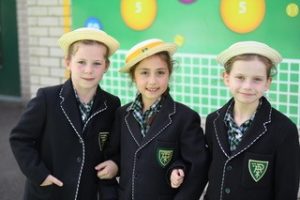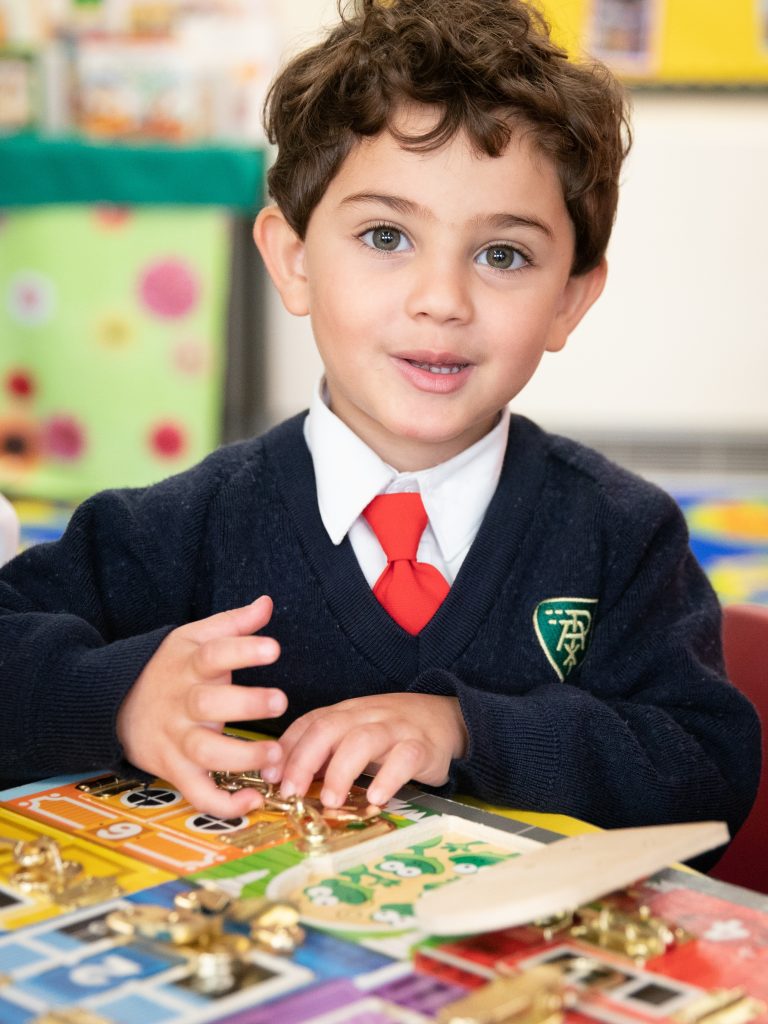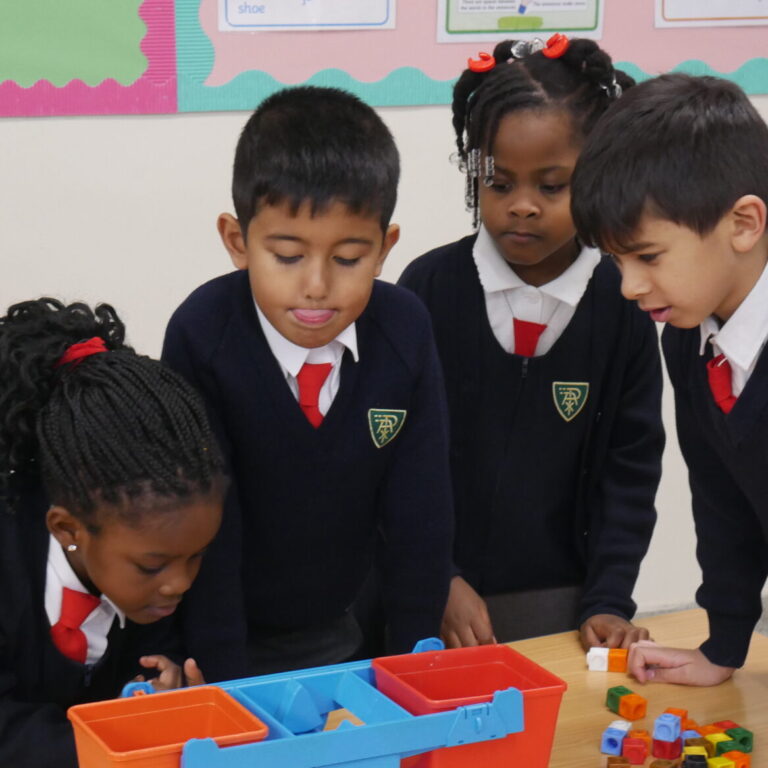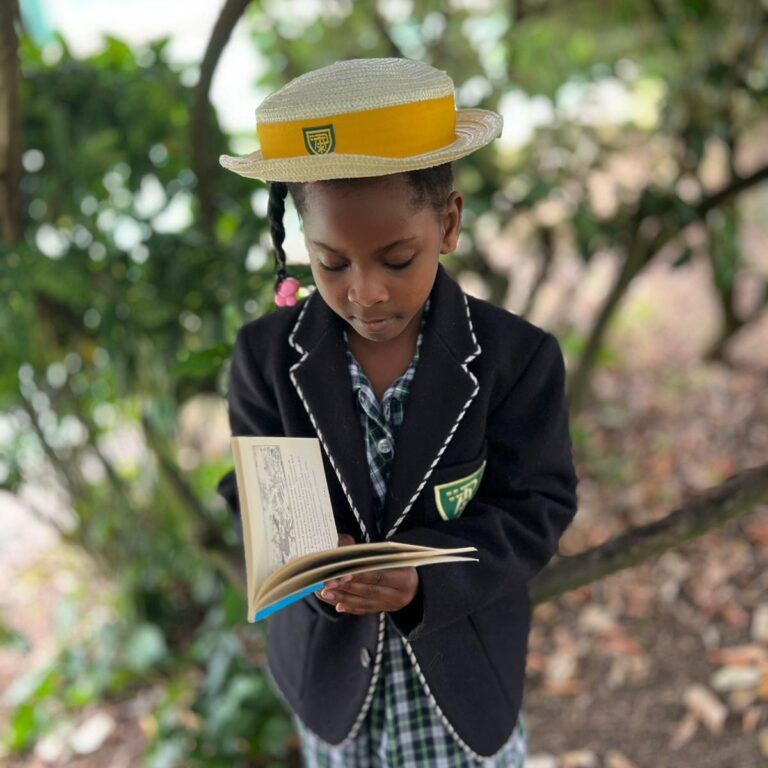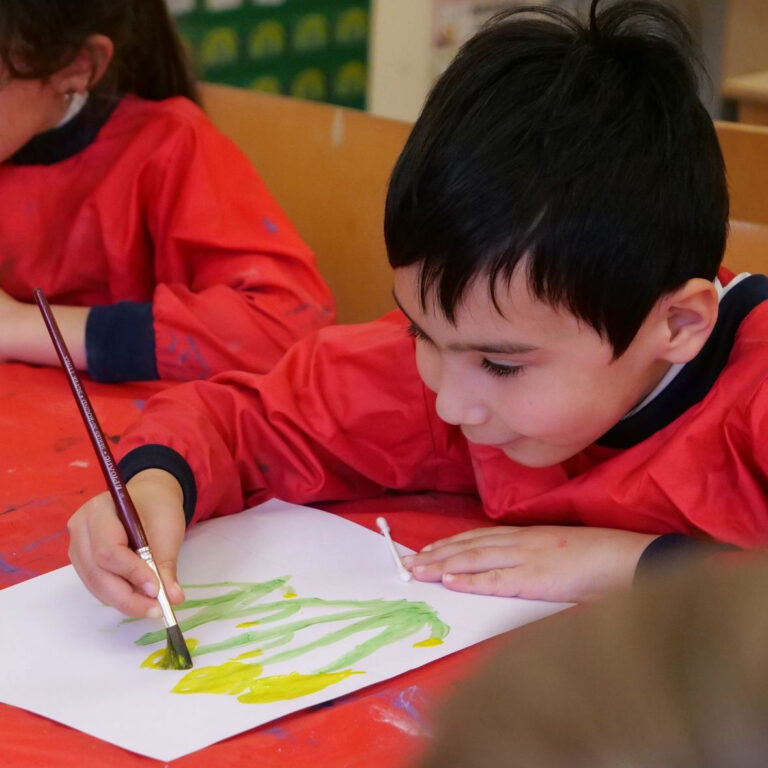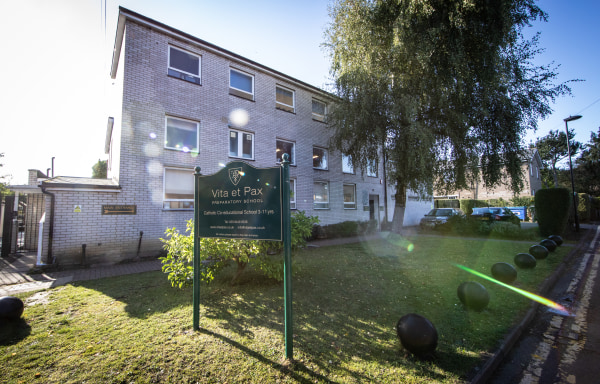Pre-Prep Curriculum
English & Phonics
At Vita et Pax, the children explore a range of literary techniques through the use of a core text approach. Skills such as comprehension, grammar and punctuation are linked to the text to ensure that all aspects of the National Curriculum are covered effectively. Different stories, poems and non-fiction books allow the children to identify patterns and themes, building upon these to create their own imaginative writing pieces.
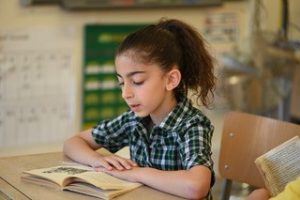
We use the Oxford Reading Tree scheme to enhance pupil fluency, comprehension and decoding skills within their reading; enabling children to access a variety of literature that provides access to a plethora of genres as well as promoting a love of reading.
Phonics is incorporated throughout our English teaching, encompassing the Ruth Miskin scheme to ensure that all children become confident and familiar with letters (graphemes) and sounds (phonemes). This is embedded within reading as well as stand-alone lessons that develop the children’s decoding, segmenting and blending skills.
Maths
Our students mathematical journey starts with the introduction of numbers and their corresponding value. Through the use of Numicon, pupils are able to perform simple addition and subtraction. Our EYFS students also have the opportunity to explore the fundamentals of mathematics such as measuring or weighing objects and identifying a range of shapes in their stimulating environment.
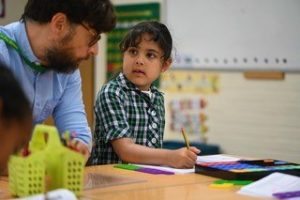
From Reception to Year 2, our pupils consolidate their core mathematical skills using the concrete-pictorial-abstract approach. By the end of Year 2, pupils have developed their arithmetic skills and mathematical fluency.
STEM
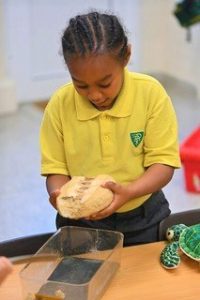
Humanities
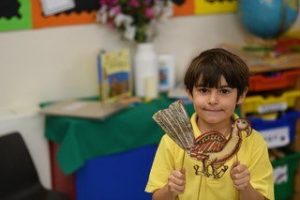
Art
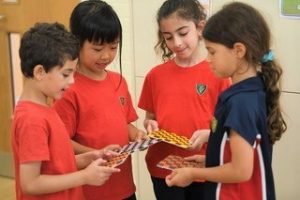
Music
At Vita Et Pax, the intention is that children gain a firm understanding of what music is through listening, singing, playing and evaluating across a wide variety of styles, traditions, and musical genres.
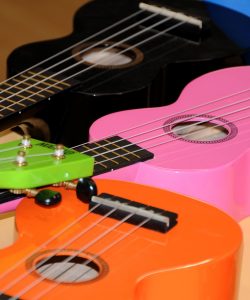
During their weekly music lessons at Vita Et Pax, our children enjoy access to a diverse and progressive curriculum that builds upon all inter-related dimensions of music including pulse, rhythm, pitch, and timbre.
In the Pre-Prep, we all have the opportunity to learn the recorder and piano, reading and learning simple notation and developing a sense of rhythm and playing as an ensemble. We also explore pitch, rhythm, timbre and various genres of music through differing topics and body percussion.
Spanish
Spanish in the Pre-Prep focuses on building children’s innate curiosity about the world around them. There is a clear emphasis on enjoyment and participation for the children to develop a taste for the language and the Spanish culture.
In Reception, children develop the skills of speaking and listening through the use of traditional songs and tales, props, games, role-plays and interactive websites. Children start to play with the basics of communication learning how to say the basic communicational phrases of ‘What is your name?’ and ‘How are you?’.
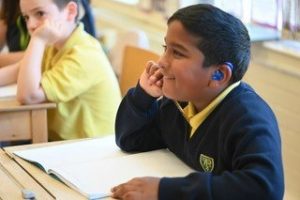
PE
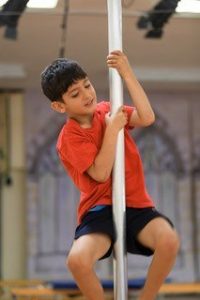
In the Pre-Prep, children have the opportunity to build upon their existing skills to allow them to develop an understanding of a range of sport disciplines. This includes gymnastics, athletics and ball games such as football.
Religious Education
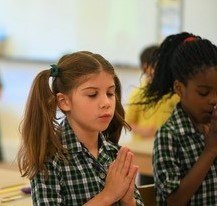
Year 1 introduces the Sacrament of Baptism, as well as the roles and responsibilities that exist within our Parish. The children also learn about key stories such as the Last Supper and the symbols that are associated with Pentecost.
In Year 2, the children build upon their developing understanding of Baptism, in addition to the parts of the Mass, including many of the items found in the Church. Key stories such as the events of Palm Sunday and the Ascension into Heaven are also explored.
Computing
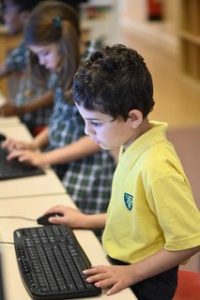
The children in our Pre-prep have the opportunity to discover how different types of media are created on a computer as they come across our topics of digital writing, painting, photography and music making. The children begin their journey of being confident coders in Year one, when they begin to learn the coding language of Scratch. Using this coding language, the children are taught how to create animations and design interactive quizzes.
Finally, the safety of our children is paramount both offline and online. During computing sessions, the children are made aware of the dangers they may face in the online world. The children are taught to be safe by following the SMART online rules.
PSHE
In EYFS, PSHE is taught as an integral part of the curriculum which is covered during the year. Lessons are based around mastering some of the Early Learning goals. A further understanding is supported throughout EYFS through ‘how to develop a child’s knowledge’ and ‘understanding of the world’.
Building on the solid foundation achieved in Reception, our students experience a variety of trips, assemblies, visiting speakers, circle time, charity days and an active School Council. This raises the pupils’ awareness of the environment, religious practices, racism, bullying, online safety, world poverty, healthy lifestyles and helps our pupils achieve personal goals.
